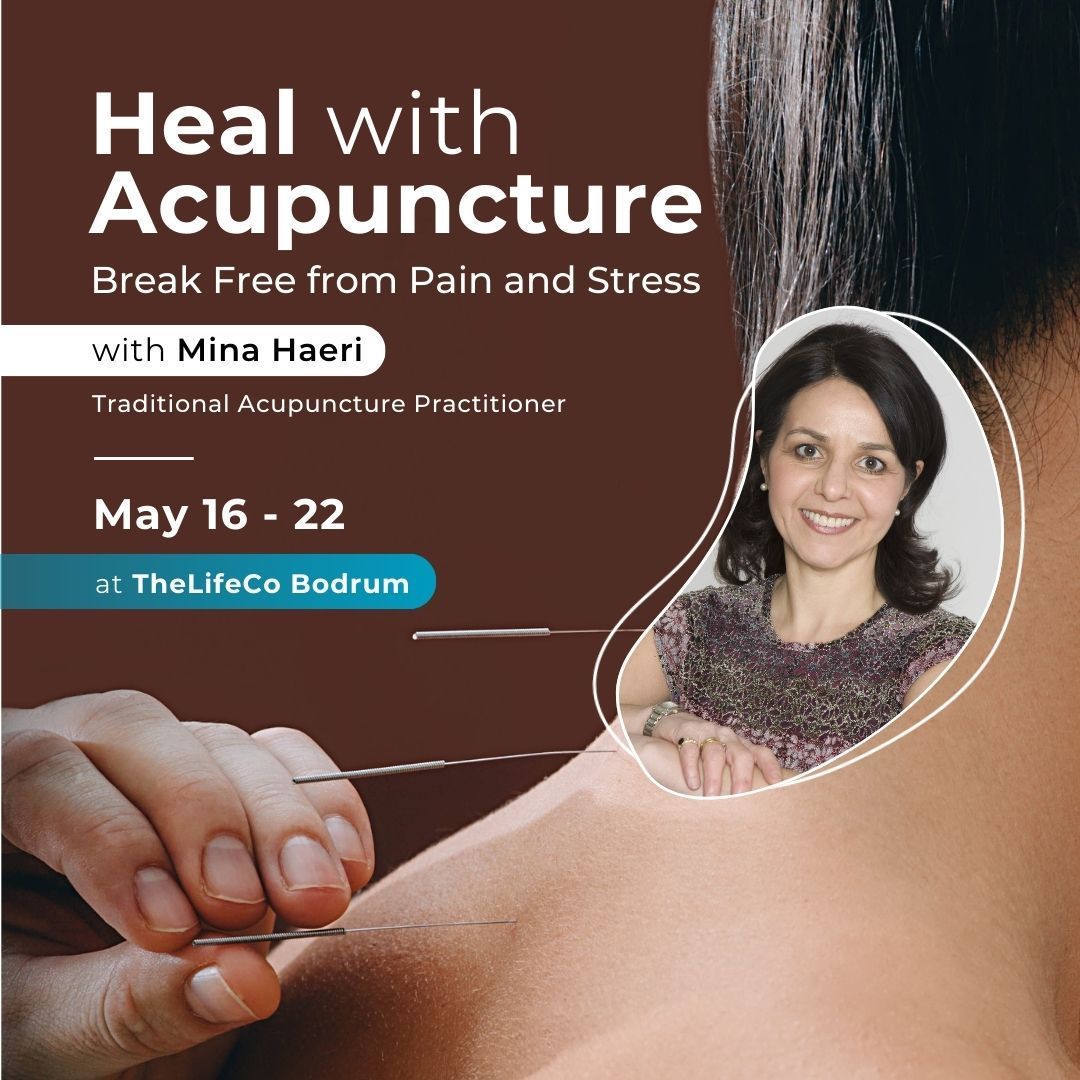Causes of Neck and Shoulder Tension Due to Anxiety
Stress and anxiety are part of the same body’s natural reaction to danger – our fight, flee or freeze response. That explains why both share similar sensations and why we struggle so much to tell them apart. Stress tends to be a short-term response to an external trigger.
Thus, we usually know what is stressing us and feel better once the problem is gone. On the other hand, anxiety is more difficult to pinpoint. It is often triggered internally by our perception of what can harm us, our excessive thinking.
So, anxiety can persist even without an actual threat and causes tension on the neck and shoulder.
How Anxiety Affects Neck and Shoulder Muscles
Both stress and anxiety trigger the release of cortisol and adrenal hormones. As a result, muscles get tense and neck and shoulder tension occurs. In most cases, tense shoulders or neck is not caused by high cortisol levels due to anxiety. That’s why if you end up with long-term pain in these areas, consider getting a health check with a professional to find the root cause of your problem.
Effective Ways to Relieve Neck and Shoulder Tension
Gentle Stretches for Neck and Shoulder Tension
You can use the following stretch to counterbalance and relieve strains caused by poor posture and general stress.
- With both feet on the floor, sit comfortably, fully back in your chair or at its edge.
- Put your left hand under the left sit bone, palm down, fingertips pointing toward tailbone.
- Then reach up straight with your right arm and inhale.
- Lean your head to the right and bend the right elbow so your fingertips are alongside the jawline.
- Keep lifting your chest up and hold for 3 to 5 breaths.
- Lower your head down another couple of inches.
- Breathe into the new area of tightness in your neck.
- Hold for 3 – 5 breaths. Release arm overhead, roll chin to chest.
- Release the hand you are sitting on, leave your head hanging, and take a breath into your neck and upper back. Give yourself a self-massage
- Place the entire hand on forehead, inhale – lift head and continue with another side.

Breathing Techniques to Relieve Muscle Tension
Diaphragmatic breathing activities, like square breathing, can help you relax enough to think clearly and manage some of your physical symptoms of stress. Square breathing is one technique that induces calmness and facilitates a grounded state.,
Step by Step Square Breathing:
- Inhale for a count of four.
- Hold your breath for four counts.
- Exhale for a count of four.
- Hold your breath for four counts. Repeat as needed.
Heat Therapy for Relaxing Neck and Shoulder Muscles
Heat therapies such as saunas can effectively relieve the tension in the neck and shoulders. Traditional or infrared saunas warm the body and help the heat transmit deep into it. Thus, stiff muscles open up and relax, which leads to decreased neck and shoulder pain and tension.
When to Seek Professional Help for Anxiety and Muscle Tension
If you have long-term neck and shoulder tension from anxiety, it is time to seek professional help. Long-term symptoms like pain, fatigue, muscle tension, and joint pain can mean the condition is becoming chronic.
Physical symptoms of stress or anxiety are signs that you should understand the root cause and give a break. While understanding stress and anxiety and knowing how to tell them apart won’t make them go away, it is the first step towards feeling better and making necessary changes in your life.
Faq About How to Relieve Neck & Shoulder Tension
How to fix a stiff neck from anxiety?
Meditation techniques combined with simple stretching exercises can help you manage anxiety. Resistance bands are a good piece of equipment for this purpose.
Why am I unable to relax my shoulders?
Many physical and mental factors can cause this, such as carrying a heavy bag, prolonged sitting at a desk, long hours at the computer, lack of physical activity, poor posture, excessive stress, and emotional burdens from the past.
How long can anxiety muscle tension last?
This duration can vary from person to person. Stretching exercises and calming meditations can help you manage this.
How can I relax my neck muscles naturally?
You can easily find very simple neck exercises online and do them anywhere. Regularly practicing these throughout the day can significantly reduce your neck tension. Short breathing exercises, meditations, and warm compresses can also be helpful.
How to release a tight neck?
How do you relax nervous tension?
Why am I always so tense and anxious?
The heavy workloads, hectic lifestyles, desk-bound work environments, and fear of the future can create tension and anxiety in people.
How can I release tension in my shoulders and neck?
We recommend starting by incorporating hobbies and exercises that will relax my mind into my daily routine. These can include meditation, physical activities, or breathing exercises. You can also complement these with various massage techniques.







